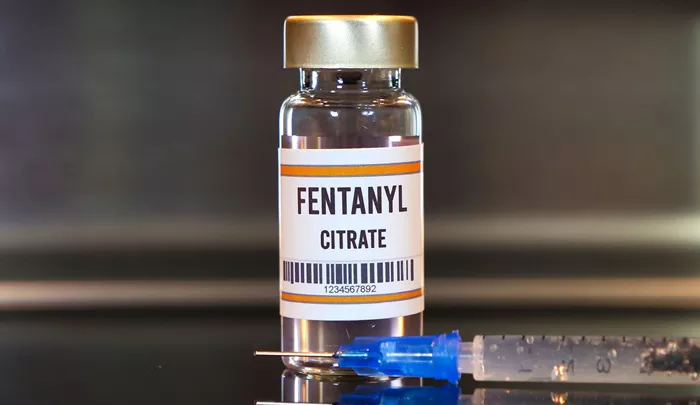WASHINGTON — The House passed bipartisan legislation Thursday aimed at strengthening federal efforts against fentanyl and its analogs. The HALT Fentanyl Act makes permanent a 2018 emergency rule that classifies fentanyl knockoffs as Schedule I controlled substances, leading to harsher penalties for possession. The bill passed 321-104 and now awaits President Donald Trump’s signature.
The bill received wide support from Republicans and many Democrats, despite concerns it does not address the root causes of the opioid epidemic or improve public health efforts. Critics also warn it may worsen issues in the criminal justice system.
Senate Majority Leader John Thune praised the bill and promised further legislation focused on border security to help stem drug trafficking.
Supporters say making the emergency rule permanent will help law enforcement stop traffickers. Opponents argue the bill limits research on fentanyl-related substances and fails to reduce addiction or overdose deaths. The legislation does not provide new funding for law enforcement or public health programs.
Since 2018, Congress has renewed these emergency rules, so the bill does not immediately change federal policy. Law enforcement agencies target Mexican cartels and local gangs responsible for fentanyl trafficking.
The Trump administration has prioritized blocking fentanyl precursors from China, continuing efforts started under the Biden administration.
Rep. Morgan Griffith (R-Va.), a co-sponsor, said cartels evade laws by altering fentanyl’s chemical structure to create analogs. He argued the bill will prevent deaths and support research.
Rep. Jay Obernolte (R-Calif.) emphasized fentanyl’s human toll, citing over 100,000 overdose deaths last year. He said the bill “gives law enforcement the tools they need” to fight fentanyl.
Democratic Rep. Frank Pallone (N.J.) opposed the bill, saying it criminalizes fentanyl-related substances uniformly, hindering medical research. He criticized funding cuts to agencies addressing the opioid crisis and warned the bill would worsen inequities in the criminal justice system by enforcing mandatory minimum sentences.
Schedule I drugs, considered to have no accepted medical use and high abuse potential, include heroin and marijuana. Possession is a felony. Fentanyl itself is Schedule II, meaning it has high abuse potential but some medical use, along with drugs like cocaine and oxycodone.
Related topics:


